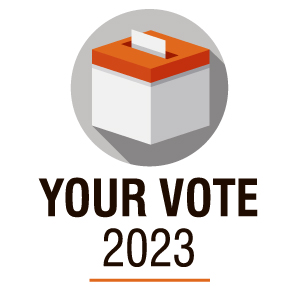Voting is something easy to disregard. It can seem a hassle to make the effort and many wonder if it matters anyway.
The first general election in New Zealand was in 1853. To be eligible to vote you had to be a British male over the age of 21 and own land worth at least £50 or pay annual rent of more that £10 in the city or £5 in a rural area.
On September 19, 1893, New Zealand women won the right to vote in elections, making New Zealand the first self-governing country to give all women the vote. However, women could not stand for election to parliament until 1919, when three stood but were all unsuccessful.
Fast forward to 2023 and almost everyone over 18 can vote, with one or two restrictions, which not longer relate to gender or wealth.
New Zealand citizens or permanent residents who have lived in New Zealand continuously for 12 months or more at some time in their life can vote. For electoral purposes, a permanent resident is someone in New Zealand legally and not required to leave within a specific time, so those on a study or work visa with a departure date do not qualify to vote.
The rules apply to New Zealanders living overseas as long as they have been in the country within the past six years, for citizens, or four years for a permanent resident. The last permanent address in New Zealand would determine which electorate they should enrol in.
Anyone who is homeless can vote but they do need to have an address to enrol. The address does not have to be where they live, it could belong to someone else such as afamily member, friend, church or support group.
Those on remand, home detention, serving a communitybased sentence or in prison for a sentence of less than three years can vote.
So who cannot vote?
Anyone serving a prison sentence of three years or more in a New Zealand prison or who has been in a psychiatric hospital for more than three years after being charged with a criminal offence.





